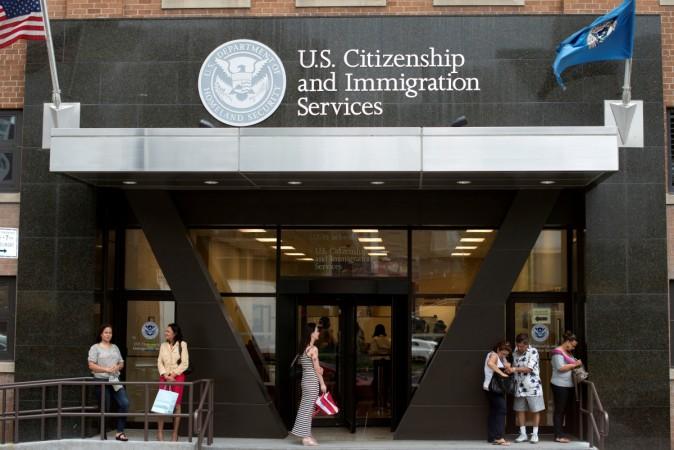
In a move that could prove to be a fresh blow to Indian IT firms, the Donald Trump administration has announced a new H-1B visa policy, under which H-1B visas may no longer have a flat three-year validity.
The new seven-page policy was announced by the US Citizenship and Immigration Services (USCIS) on Thursday, February 22, and it brings several changes to the existing regulations.
Until now, the H-1B visas were issued for a period of three years, but the new policy empowers the USCIS to approve the H-1B visas for only a specific period of time, during which the worker will be employed at the third-party worksite.
Not just for the visa-holders, the regulations will also get much more stringent for firms employing these workers as the employers will be required to prove that the employee working at a third-party worksite has specific and non-qualifying assignments in a speciality occupation, reported the Press Trust of India.
The employers will also have to provide documents proving that the worker will be at the worksite on a speciality occupation and that the parties will maintain an employer-employee relationship. The USCIS will approve the H-1B visa only if the documents meet the conditions.
The new regulations come into effect immediately and have been put into place only a few days ahead of H-1B visa lottery. This year, the H-1B visas are expected to be filed on April 2, for the fiscal year 2019, which begins on October 1, 2018.
While this may be bad news, H-1B visa extensions may get even tougher especially if the holder has had a break in employment. During this time, the H-1B visa remains valid, but as the employee isn't paid, the USCIS considers it illegal.
"If an H-1B petitioner is applying to extend H-1B employment for a beneficiary who was placed at one or more third-party worksites during the course of past employment with the same petitioner, that petitioner should also establish that the H-1B requirements have been met for the entire prior approval period," the USCIS said.
The latest policy is a part of Trump's "Buy American and Hire American Executive Order."
The Trump administration has made several tweaks to the visa before.
At the beginning of 2018, a new proposal was made, as per which workers in the US, who are yet to receive permanent residency in the country, could be deported. "If implemented this could lead to large-scale deportations, mostly of Indians, throwing hundreds and thousands of families into crisis," Hindustan Times earlier quoted an official of Immigration Voice, an advocacy body in San Jose, as saying.
H-1B visa is a non-immigrant visa, under which employers hire foreign workers in specialty occupations. The US issues 85,000 H-1B visas each year, out of which 20,000 are reserved for applicants who have advanced degrees from universities in the US.





!['Lip lock, pressure, pyaar': Vidya Balan- Pratik Gandhi shine in non-judgmental infidelity romcom Do Aur Do Pyaar [ Review]](https://data1.ibtimes.co.in/en/full/797104/lip-lock-pressure-pyaar-vidya-balan-pratik-gandhi-shine-non-judgmental-infidelity-romcom.jpg?w=220&h=138)







